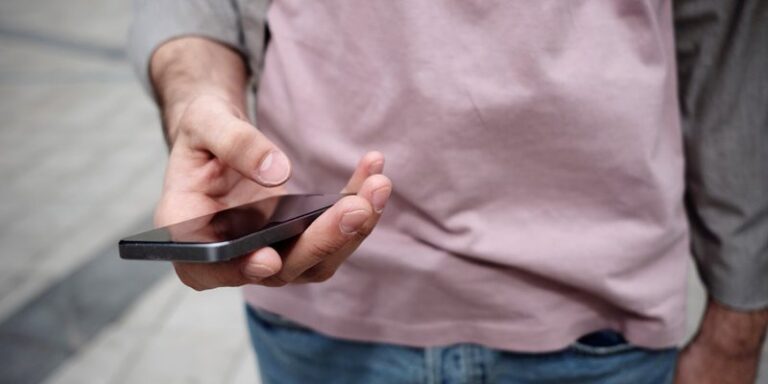1. Smartphone mental health apps can have a small but significant effect on reducing common anxiety and depression symptoms.
2. Mental health apps that incorporate cognitive behavioral therapy and chatbot functionality have the greatest impact on symptom relief.
Evidence evaluation level: 1 (great)
The treatment of mental illness is being transformed by technological innovation. Mental health smartphone apps have become a very popular tool for managing mental health symptoms. Access to mental health care has become increasingly difficult in recent years due to an overburdened medical system. Smartphone apps are quick, cost-effective tools that individuals can access at their convenience. Previous research has shown strong support for the effectiveness of smartphone apps for managing symptoms of depression and general anxiety. However, accurate and robust analysis of the effectiveness of smartphone apps for mental health management is limited due to a lack of research.
This meta-analysis included studies published through June 2023 that examined the impact of smartphone apps on the management of common anxiety and depression symptoms. The meta-analysis included 176 randomized controlled trials from 174 articles comparing smartphone apps with controls (placebo, face-to-face treatment, waiting list) for the management of symptoms of anxiety and depression. Studies that combined apps and web-based interventions, apps that did not have mental health as the sole focus (e.g., diet apps), text messaging, and studies that incorporated apps and face-to-face therapy were excluded. The smartphone apps used in the study incorporated mood tracking, cognitive behavioral therapy (CBT), or chatbot functionality. The primary endpoint was reduction in general anxiety and depressive symptoms.
Compared to a control group, the smartphone app slightly but significantly reduced general anxiety and depressive symptoms. Reduction of general anxiety symptoms was most effective when the app primarily targeted general anxiety and incorporated CBT into its management. Reductions in depression symptoms were most pronounced when the app used its CBT or chatbot features. These effects persisted at follow-up surveys conducted 1 to 4 weeks or 5 to 12 weeks after the initial assessment. A limitation of this study is the heterogeneity of the studied sample in terms of symptom severity and quality of the apps used. Nevertheless, this is, to date, the most comprehensive study to investigate the effectiveness of smartphone apps in managing mental health symptoms. Smartphone apps are a value-add to traditional treatments that clinicians are considering incorporating into general anxiety and depression management.
Click here to read this study in 'World Psychiatry'
Image: P.D.
©2024 2 Minute Medicine, Inc. All rights reserved. No copyrighted material may be reproduced without the written consent of 2 Minute Medicine, Inc. For licensing inquiries, please contact us here. No article should be construed as medical advice and is not intended as such by the author or his 2 Minute Medicine, Inc.


